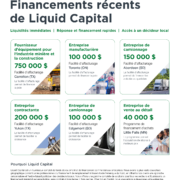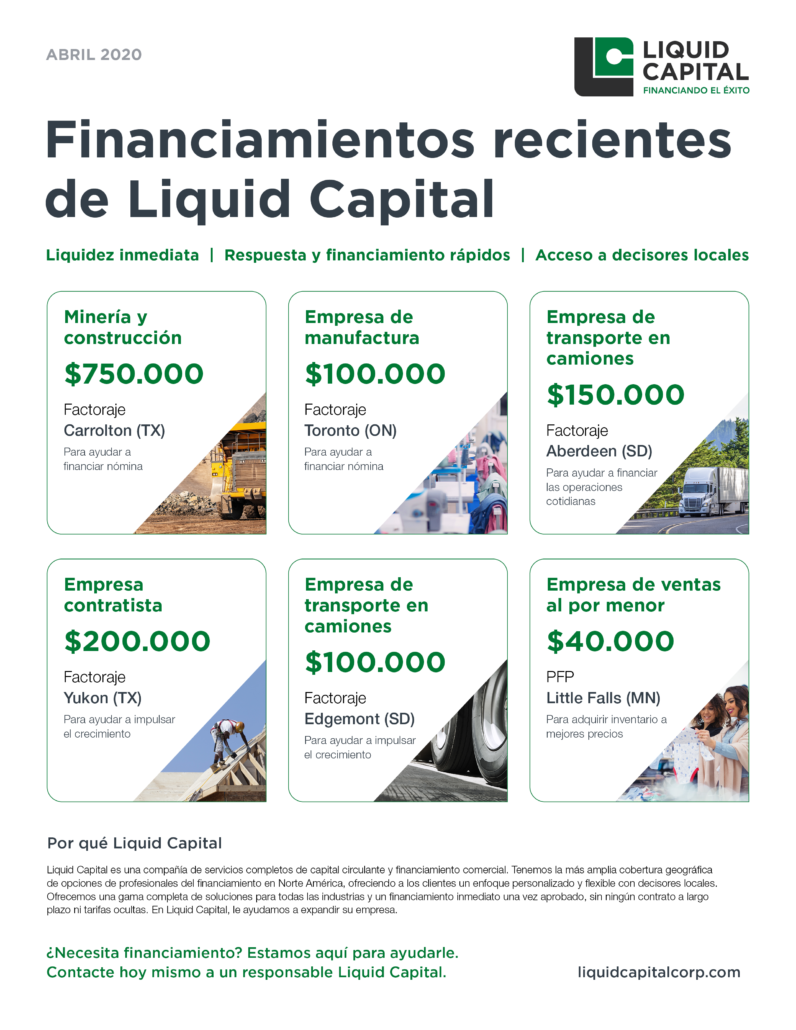Why you should choose invoice factoring over a cash advance
Which is better for your business? Cash advances or invoice factoring?

As a business owner, it can feel like a constant maze trying to find working capital. You know how vital cash flow is for your operations, and it can impact everything — from regular expenses like payroll and supplier costs to large, capital purchases that help grow your business.
When you need extra cash for your business, you might think of turning to your bank first, but that doesn’t always work out. That’s where alternative financing options can help.
Will I go into debt?
One of these options, called a cash advance, is a fixed amount loan that can provide you an infusion of money — but the potential for a lot of debt.
Another option, invoice factoring, also gives you immediate access to the cash, but without all the debt looming over your head. Factoring gives you immediate access to the cash that’s tied up in your outstanding customer invoices — money that’s technically yours anyways. So, which option is better to keep your business on track: cash advances or factoring?

Image via Pixabay
Cash advances and invoice factoring defined
- A cash advance is a loan against your future sales. It’s generally a short-term solution for a fixed amount of money, and you have to pay it back to your lender. You can use a cash advance for any business purpose, such as a large one-time expense, capital cost or a special project. However, be aware that this can be a costly option.
- Invoice factoring (also known as accounts receivable factoring or simply, factoring) is a financing option where you sell your unpaid invoices to a financing company (or factor) for faster payouts. You typically receive 80 to 85% of the outstanding invoice right away, and once the invoice is collected you’ll receive the remaining balance less a small portion the factor retains. No regular repayments required. You can use these funds to improve your cash flow and pay off any business expense, such as employee salaries, operational costs, debt repayment or suppliers.
Pro Tip: A good factor will be transparent and will not hide binding clauses in their contracts. Learn more about how to choose a good invoice factoring partner here.
As you can see, each option gets you cash in the short-term — however, there could be some key advantages of choosing one option over the other. The one you choose depends on your specific business situation.
Read part two now to learn how to compare invoice factoring and cash advances.
Ready to increase your regular cash flow? Turn your open invoices into working capital with Liquid Capital’s Invoice Factoring solution.
At Liquid Capital, we work with clients who operate businesses in a variety of industries and office structures — whether from busy downtown buildings, the manufacturing floor, on-the-go or from their home office space. We’re business people ourselves, and our company is built on a network of locally owned and operated Principal offices. Whenever you’re talking to Liquid Capital, you’re talking directly to your funding source and a fellow business person.
Featured image via Pexels.








